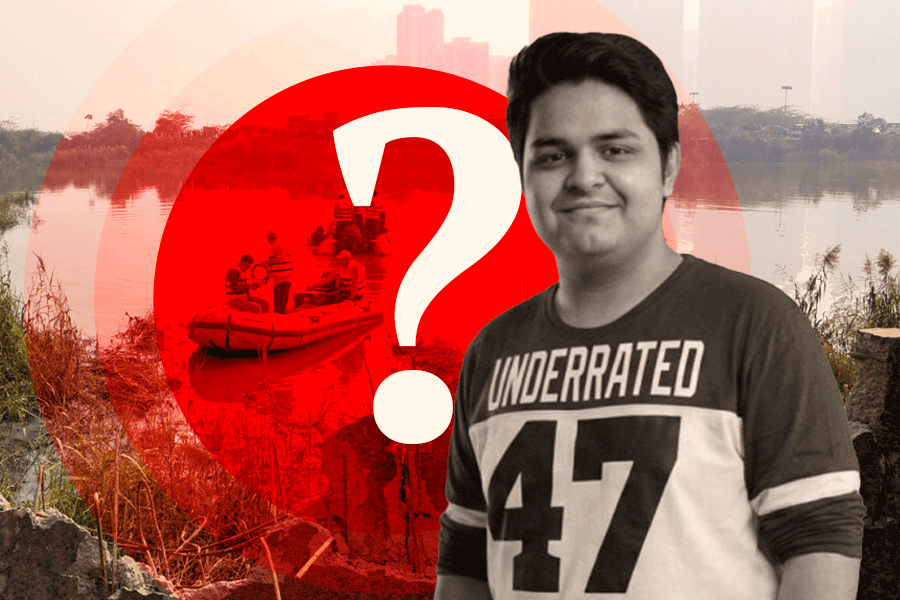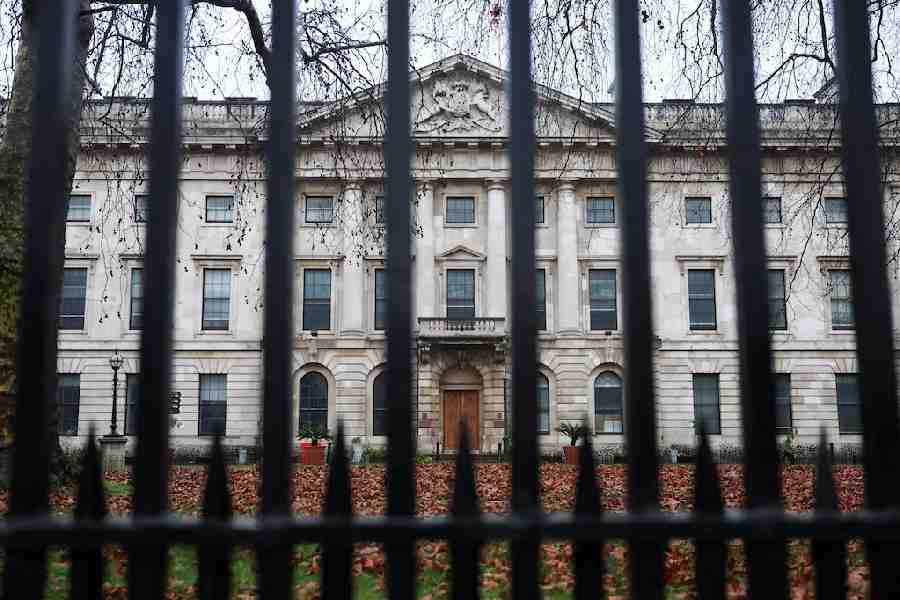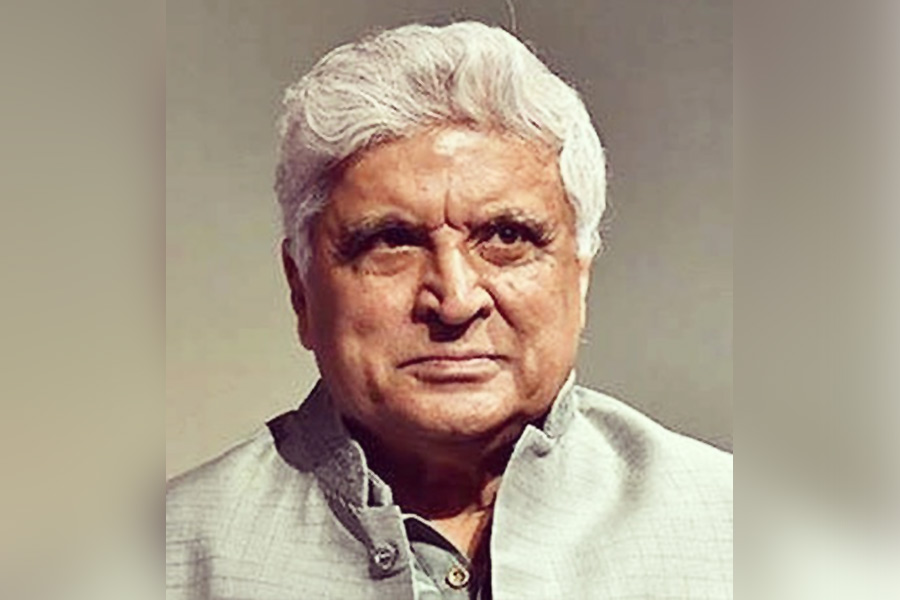A young man from Darjeeling, promised a hotel job in Myanmar by an agent, was instead taken to the notorious cyber fraud hub KK Park and allegedly forced to pose as a woman to lure men into cryptocurrency scams.
The man, one of 42 victims recently rescued from Myanmar, said he witnessed torture, including “electric shocks,” for those who defied their bosses.
Metro reported the “cyber slavery” racket on Friday — a term coined by the police, in which people from Bengal were trafficked abroad under the promise of jobs and forced to commit cyber crimes.
“I reached Myanmar on August 15 and was taken to Myawaddy, then to KK Park. Only after reaching there did I learn the nature of my job. I was to pose as a woman and chat with men above 50 on a dating app to convince them to invest in cryptocurrency. If a client became suspicious, I would forward a video call to a woman from Kazakhstan to restore the client’s trust,” the father of two from Darjeeling told Metro on Friday.
He was one of 42 repatriated, 22 of whom returned to Bengal. The remaining 20 are in Delhi. The Cyber Crime Wing of Bengal Police is investigating the alleged involvement of agents from Bengal and Gujarat in the trafficking.
Life in KK Park
Around 300-400 men lived in B-5, one of many blocks in KK-1, a cluster of buildings inside KK Park along the Thailand-Myanmar border. Many Indians were allegedly trapped here.
The police said rescued victims described two clusters within the compound. “A large number of repatriated men and women came from KK-1,” an officer said.
One repatriated man said they worked seven nights a week and were allowed out only two to three hours on Sundays.
“They did not take our passports because they knew we could not escape even with them. The area was heavily guarded, and we could barely walk freely,” said a man from Kurseong.
Phone restrictions
Victims told the police that even if they were allowed to carry mobile phones and use social media, taking photographs or recording videos was strictly banned. “If they found any photos or videos of the place, they would simply break the phone. Random checks were also carried out,” said the Kurseong resident.
Approximately 300-400 people shared a single WiFi connection, making internet use slow, police sources said.
Punishment room
Each block had a punishment room. “Electric shocks and torture were common. Some men bore visible injuries when they came out. Luckily, I did not face such treatment during my two and a half months there,” said the Darjeeling resident.
The Chinese boss
All workers in KK Park reportedly had nicknames. “A Chinese national who appeared to be the boss called himself William. But multiple victims said William reported to someone they never saw,” a police officer said.
“There were translators who passed William’s instructions in English to those executing the scams,” said a rescued man nicknamed Chiku at KK Park.
Salary: Workers were promised salaries of ₹80,000-86,000 for making calls and luring Indian and US nationals into investments. Some of the rescued said they were paid in Thai Baht, while others received only part of the promised amount.
The great escape: On October 21, about 250-300 men fled KK Park.
“We ran out, walked 2.5 km, and paid for expensive transport to reach a place where Myanmar police allowed us to stay overnight in a new six-storey building,” said a rescued victim.
The next morning, the group learned they were to be sent back to KK Park. They demonstrated at the main gate, demanding release. “William also came, but seeing over 250-300 people protesting, they released us,” the victim said.
The men reached the Thai-Myanmar Friendship Bridge and returned to India via Thailand. “We contacted the Indian embassy and received a lot of help. We stayed there for around two weeks before being repatriated,” he added.
The group reached Delhi earlier this month. In total, around 750-800 Indians were rescued, over 40 from Bengal.
“Some colleagues stayed behind, either scared of being caught or hoping to earn money. Many remain at KK-1,” said one victim.











